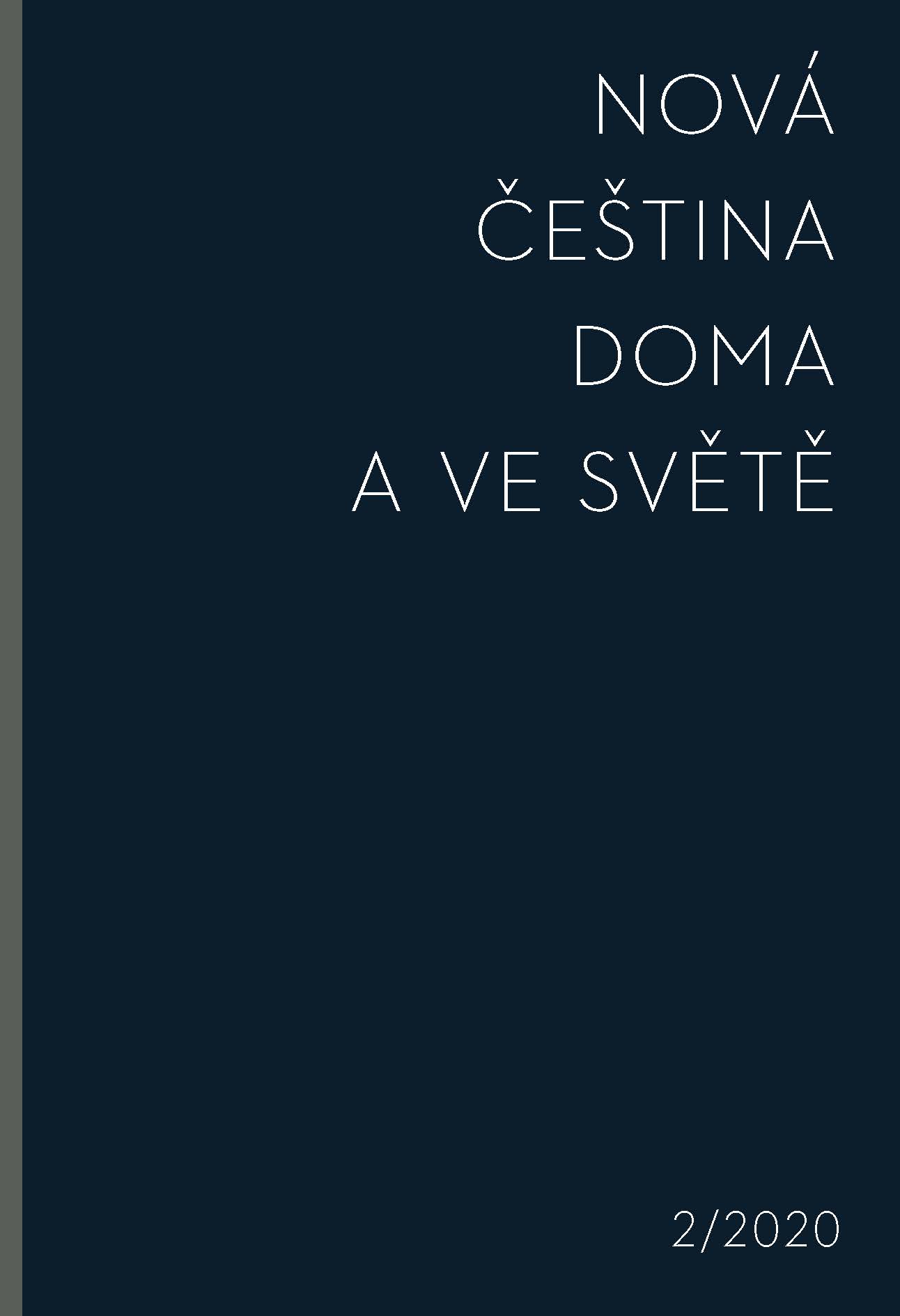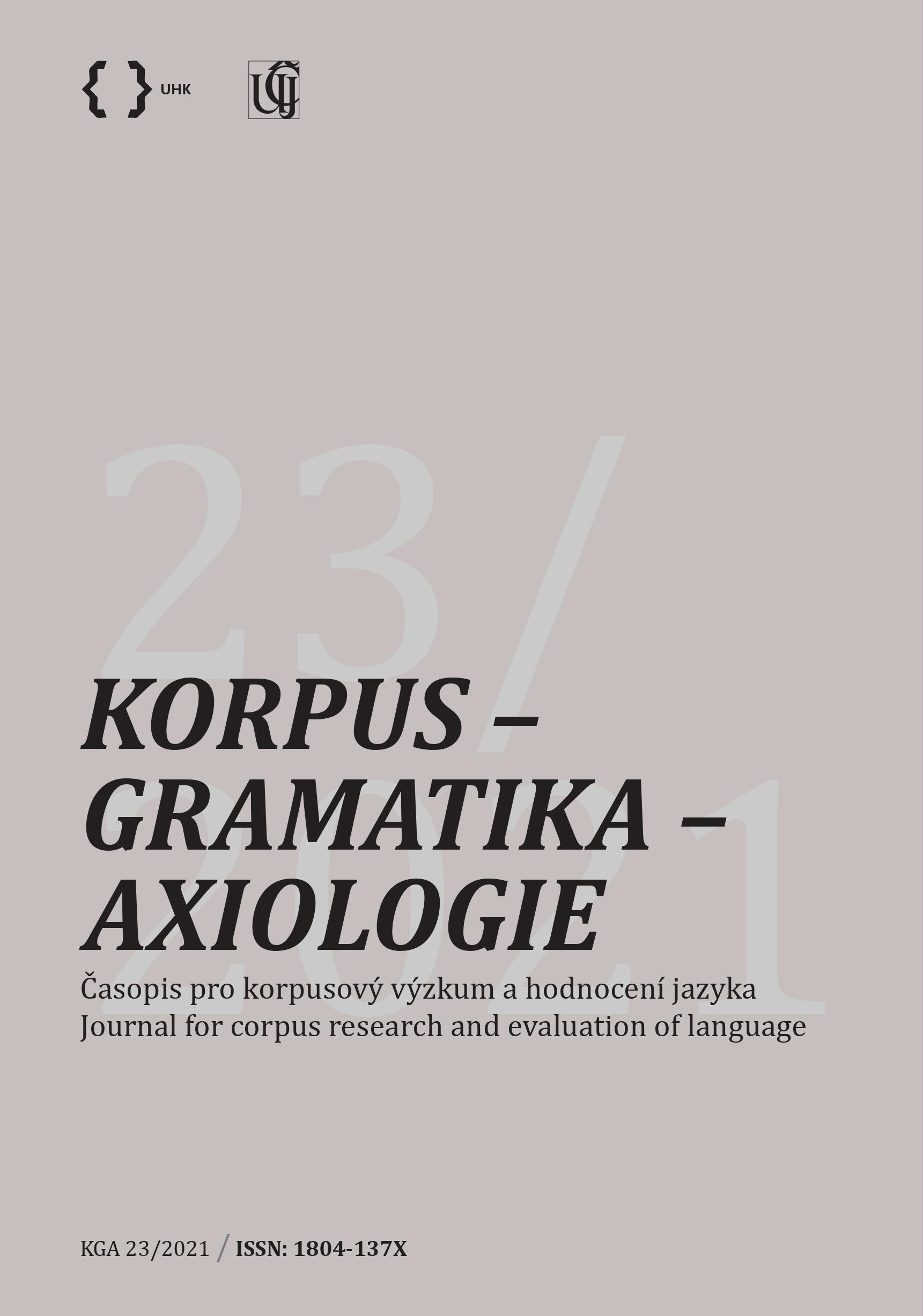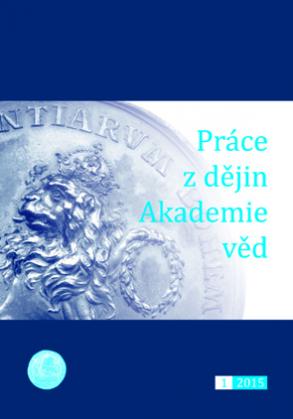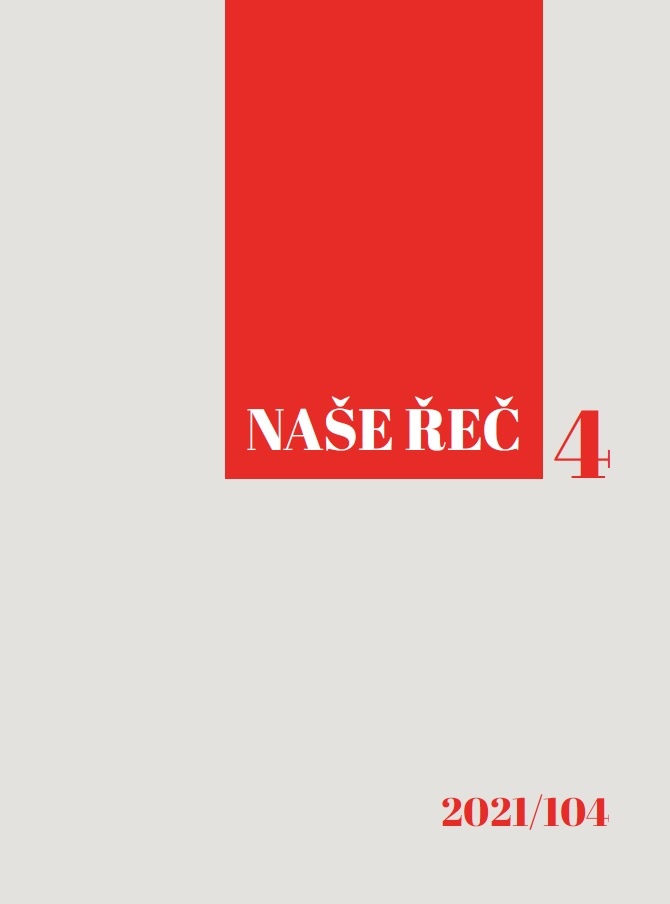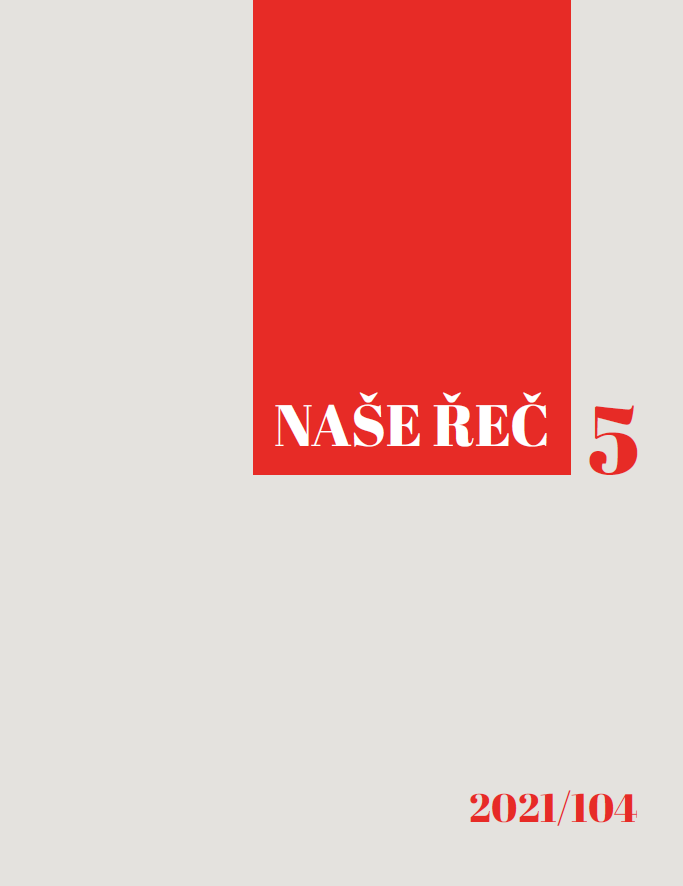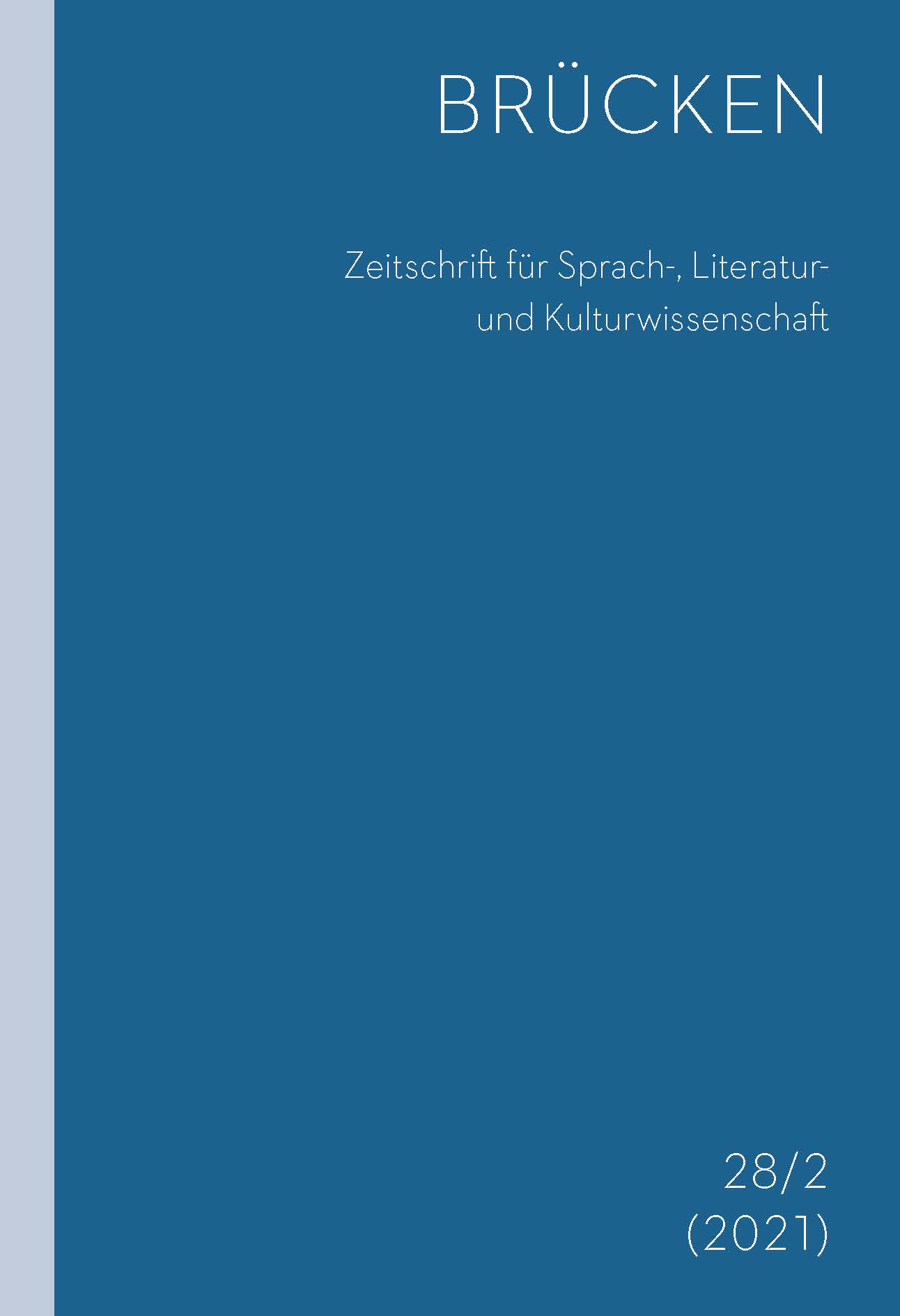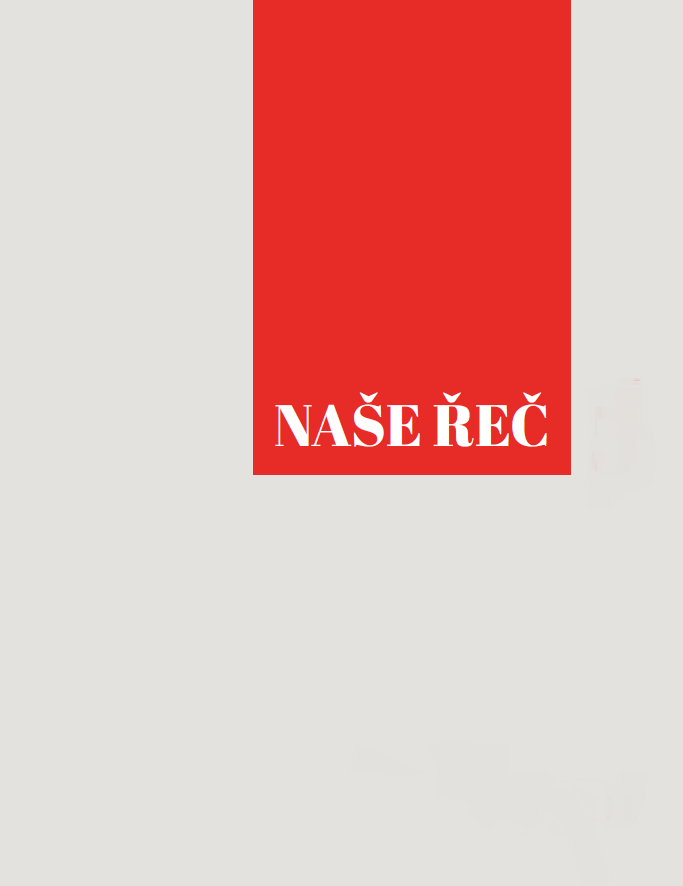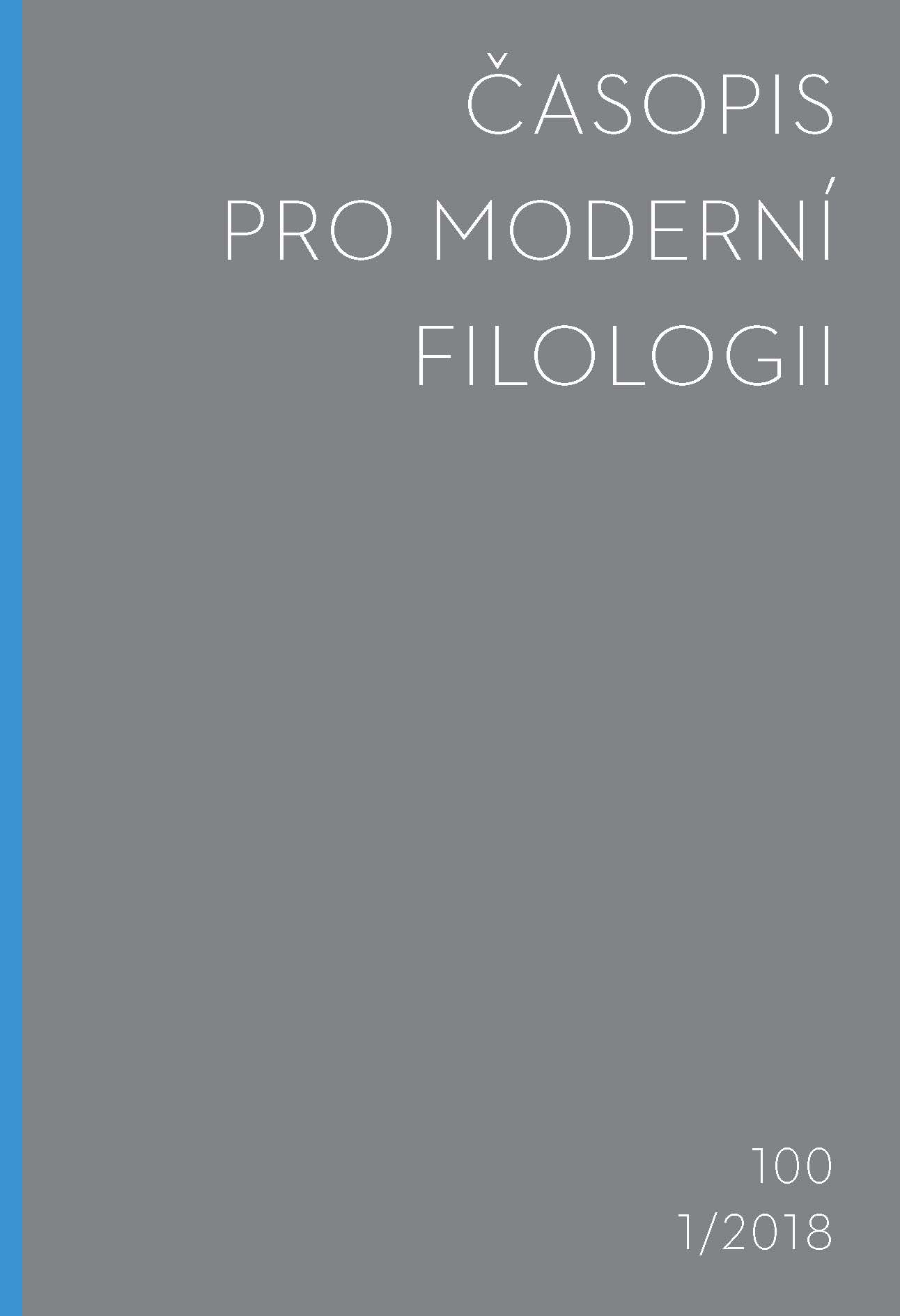
Neurčité dovětky v češtině
The paper explores Czech ‘general extenders’, such as nebo jak?, nebo něco, a takový věci, i.e. vague structures loosely appended at the end of an utterance, typical of informal conversation. The method can be described as contrastive (identifying Czech structures corresponding to English general extenders) and corpus-based, drawing on both monolingual and parallel corpora. The interpretation of the discourse functions of general extenders is highly dependent on the context shared by the interlocutors, and the functions often combine and overlap. The authors therefore give a tentative description of the communicative functions of Czech general extenders, based on their occurrences in the ORAL2013 corpus of spoken Czech. The results of the analysis are in general agreement with Overstreet’s description of discourse functions of English general extenders, encompassing both ideational and interpersonal functions. Some of the functions expressed by English extenders (such as ‘soliciting agreement’) were not attested in the Czech data, however. The Czech translation counterparts of English general extenders suggest that some functions associated with extenders in English tend to be rendered in Czech by other means.
More...
![Záhadný morfém [-t] a slovesná paradigmata v sarkézské normanštině](/api/image/getissuecoverimage?id=picture_2020_54948.jpg)
